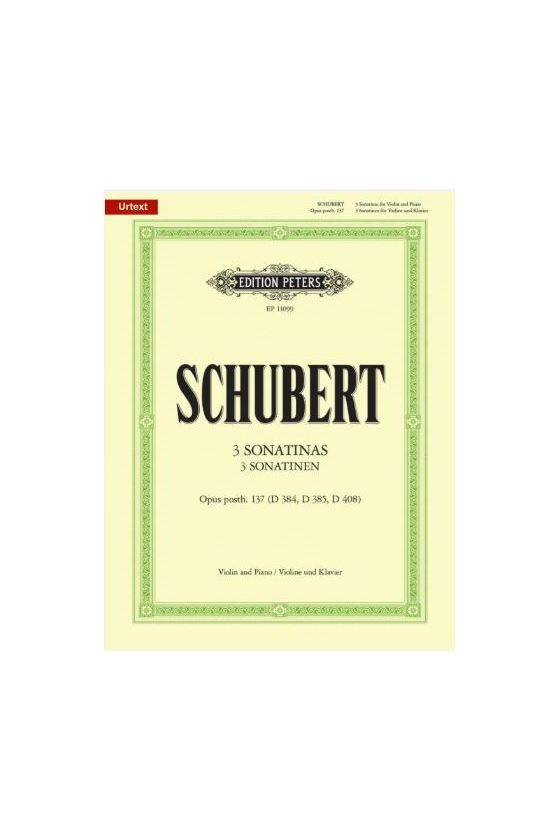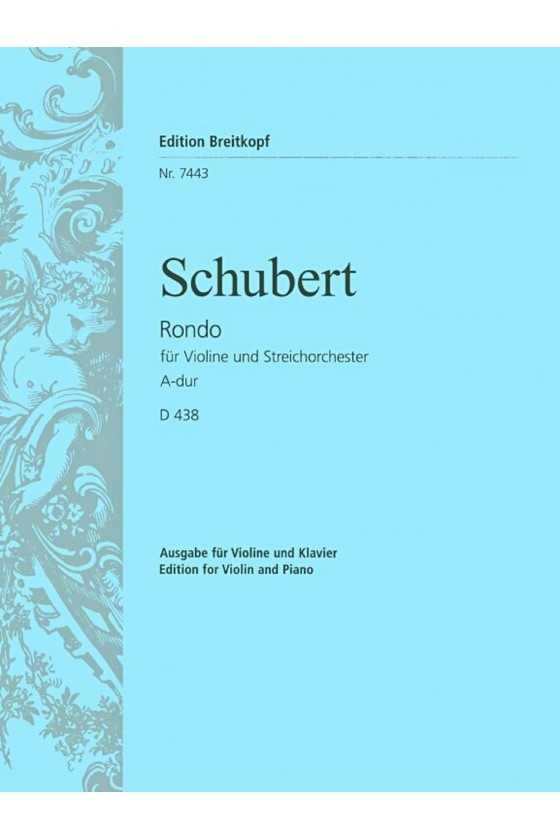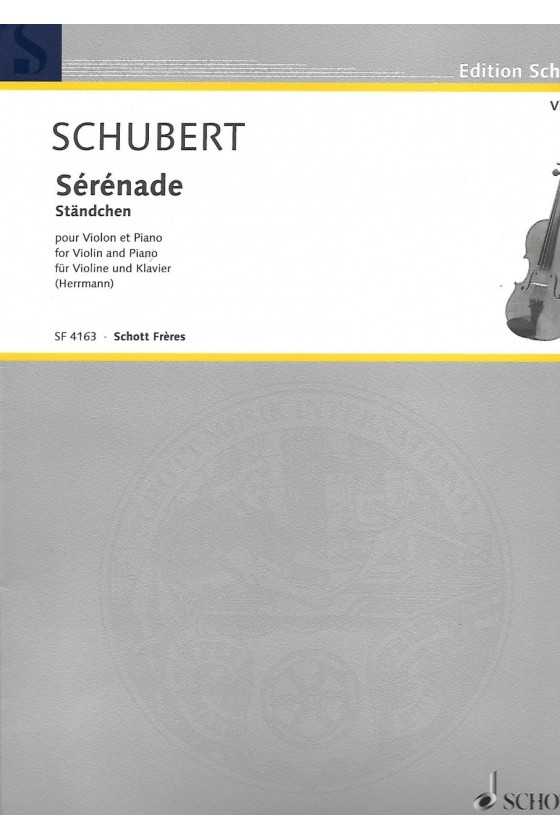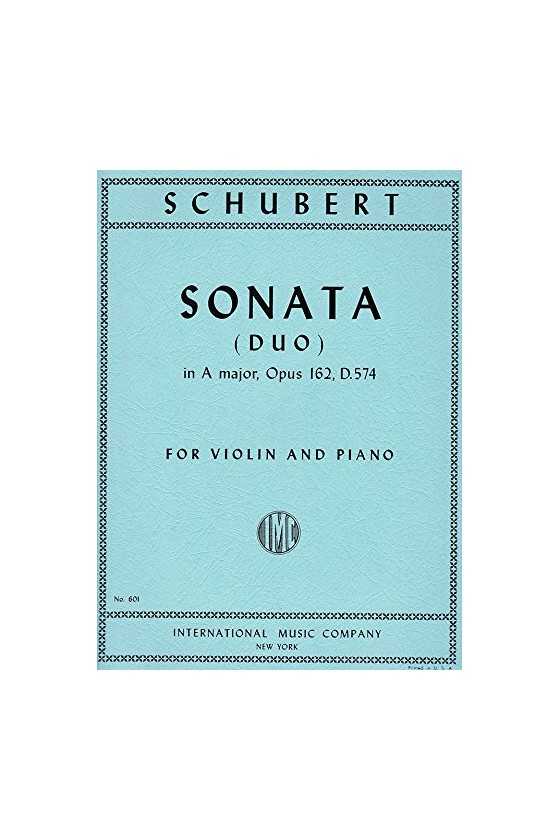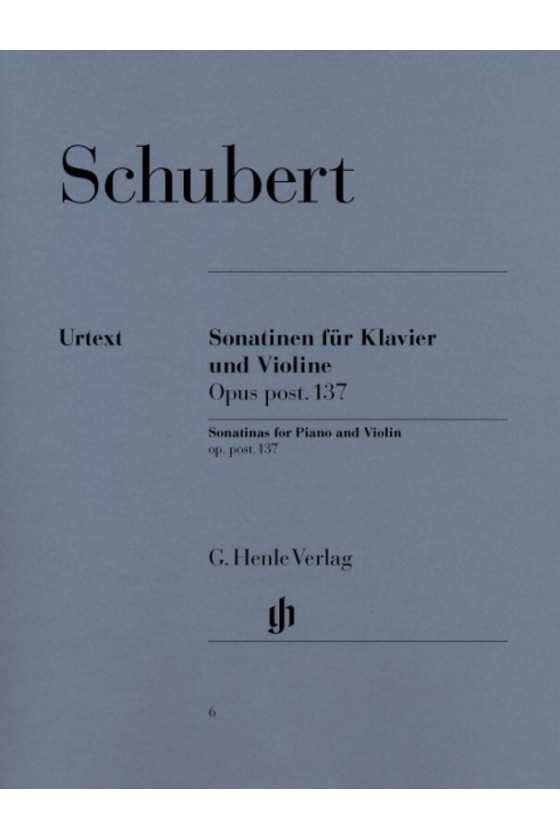Schubert, Franz
A prominent Austrian composer, Franz Peter Schubert, left an indelible mark on classical and romantic music. Despite his tragically short life, Schubert's immense talent and prolific output earned him a place among the greatest composers in Western music history.
Early Life and Musical Education
Born on January 31, 1797, in the Vienna district of Himmelpfortgrund, Franz Schubert displayed extraordinary musical abilities from a young age. His father introduced him to the violin, while his older brother taught him to play the piano. However, Schubert quickly surpassed their skills, revealing his prodigious talent.
At eleven, Schubert enrolled at the Stadtkonvikt school, where he immersed himself in the works of renowned composers such as Joseph Haydn, Wolfgang Amadeus Mozart, and Ludwig van Beethoven. Despite his academic pursuits, Schubert continued to study composition under the tutelage of Antonio Salieri, producing a remarkable body of work even during his student years.
Rise to Prominence
In 1821, Schubert's talent caught the attention of the Gesellschaft der Musikfreunde, an influential music society in Vienna. His acceptance as a performance member marked a turning point in his career, allowing him to showcase his compositions to a wider audience and further establish his reputation among Viennese citizens.
One of Schubert's notable achievements was a concert held in March 1828, where he performed his pieces to critical acclaim. Unfortunately, this event proved to be the only public concert of his lifetime. Eight months later, on November 19, 1828, Schubert passed away at 31. While the official cause of death was attributed to typhoid disease, some historians speculate that it may have been due to syphilis.
Musical Legacy and Influence
Although Schubert's music received limited recognition during his lifetime, his posthumous fame soared in the decades that followed. Fellow composers of the 19th century, including Felix Mendelssohn, Robert Schumann, Franz Liszt, and Johannes Brahms, discovered and championed his works, recognizing his genius and unique contributions to the musical landscape.
Schubert's extensive catalogue encompasses over 600 secular vocal works, seven complete symphonies, sacred music, operas, incidental music, and a significant body of piano and chamber music. Notable compositions include "Erlkönig" (D. 328), the Piano Quintet in A major, D. 667 (Trout Quintet), the Symphony No. 8 in B minor, D. 759 (Unfinished Symphony), the "Great" Symphony No. 9 in C major, D. 944, the String Quintet (D. 956), and the three final piano sonatas (D. 958–960).
The Romantic Expressions of Schubert's Music
Schubert's compositions are characterized by their innocent and sensitive melodies, rich creativity, and profound emotional depth. As a pioneering figure of romantic music, he pushed the boundaries of traditional musical forms, captivating listeners with his unique style and harmonic innovations.
One of Schubert's masterpieces is the Rondo in A major for violin and string orchestra, D438. This enchanting piece showcases his ability to craft captivating melodies and evoke a range of emotions through his music. While originally composed for violin and string orchestra, it has also been adapted for violin performance, allowing audiences to experience its beauty and complexity.
Rediscovering Schubert: A Continued Appreciation
Despite time, Schubert's music continues to resonate with audiences worldwide. His compositions, once cherished by a select few in Vienna, have gained widespread acclaim and admiration. The enduring appeal of Schubert's work lies in its ability to transcend the boundaries of time and touch the hearts of listeners across generations.
As we delve deeper into the intricacies of Schubert's compositions, we uncover a world of profound emotions, introspection, and poetic expression. Through his music, Schubert invites us to embark on a journey that explores the depths of human experience, offering solace, inspiration, and a timeless connection to the beauty of the human spirit.
Conclusion
Franz Schubert, a brilliant composer of the late Classical and early Romantic eras, left an indelible imprint on the music world. Despite his tragically short life, his vast work continues to captivate audiences and inspire generations of musicians. From his expressive lieder to his symphonies, operas, and chamber music, Schubert's compositions remain a testament to his extraordinary talent and lasting impact on Western music's landscape.
As we embrace the musical legacy of Franz Schubert, we are reminded of the power of art to transcend time and connect us to the deepest emotions of the human experience. Through his melodies and harmonies, Schubert's music serves as a timeless reminder of the human spirit's beauty, passion, and complexity.
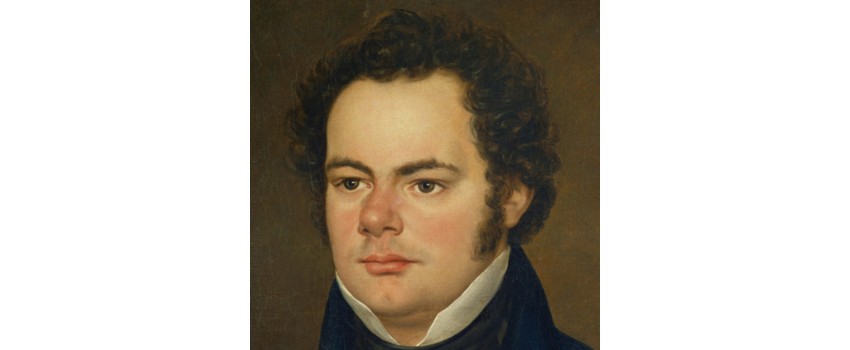
Schubert Rondo in A major for violin and piano (Breitkopf & Härtel)
Schubert, the famous Austrian composer, created various musical pieces full of innocent and sensitive melodies, rich creativity, and romantic emotions. He's a pioneer of romantic music with no formal concerto and only three similar works. One of his masterpieces is the Rondo in A major for violin and string orchestra D438, which was adapted for violin performance.

